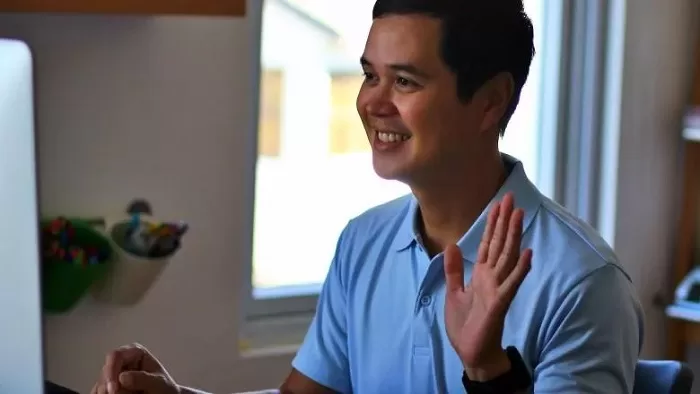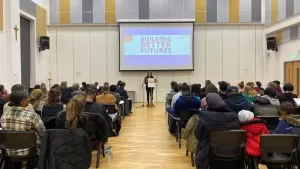Self-Doubt and Isolation but Also Resilience Among New Teachers Due to The Pandemic, Finds Report

New teachers experienced isolation and self-doubt because of pandemic restrictions, but also demonstrated resilience that could make them even better teachers, a new report has found.
The 18-month study by King’s College London revealed how those who completed or started their training to become secondary school teachers during the pandemic had fewer opportunities to meet parents and take part in extra-curricular activities, which limited their involvement in pastoral activities.
However, many school and university staff also noted resilience among trainees and Early Career Teachers (ECTs) with some commenting that it could help produce even better teachers. Other positive impacts of training at this time included greater use of IT to support teaching and learning, a heightened sense of a professional community.
The report, from the School of Education, Communication & Society and Policy Institute at King’s, revealed how the COVID-19 pandemic significantly disrupted the teacher training experience during 2019-2021 in variable ways, but the prescribed content of induction programmes was too generic to adapt to the situation.
It makes recommendations to address this shortfall and calls for bespoke continued professional development for new teachers. It says schools should continue to embrace the unique skills and experiences of ECTs in the planning and delivery of the curriculum to develop and sustain resilience, agency, a sense of self-efficacy and professional identity.
It also suggests these new teachers are offered more pastoral opportunities, mental health training, structured support for interactions with parents and encouragement to participate fully in all aspects of school life.
“The pandemic affected each new teacher in different ways and so the current generic approach fell short of what was needed. It is crucial we provide more bespoke training that reflects the unique challenges and opportunities they faced, so we can support them to stay in teaching – especially seeing the dramatic shortage of teachers in the UK.”
– Dr Simon Gibbons, Lead Researcher and Director of Teacher Education at King’s College London
Dr Elizabeth Rushton, who has recently moved from King’s College London to the Institute of Education at UCL, said: “Those who have become teachers during the pandemic period have made an important contribution to the learning and lives of young people in their school communities. However, in order for this group of teachers to flourish they need continued support, especially with the pastoral elements of teaching so that they can develop their skills and expertise alongside more experienced colleagues.”
“Despite the challenges, those teachers who trained during the pandemic demonstrated incredible resilience. Their unique experience and skills need to be fully utilised as they have so much to offer.”
– Sarah Steadman, Research Associate at the School of Education, Communication & Society
The project was funded by the Economic and Social Research Council as part of UK Research and Innovation’s rapid response to COVID-19 with a grant of £224,000 and included academics and students from the School of Education, Communication & Society and the Policy Institute.
Over 110 interviews were conducted with trainees, ECTs, university-based ITE staff, school-based mentors and school senior leaders. An open consultation enabled educators to share their views on the provisional project findings and recommendations via online surveys, engagements via email and social media and through attendance at an online practitioner workshop hosted by the research team.
The findings from the research inform practical recommendations for policymakers, school leaders and ITE providers across the UK. The report also highlights potential barriers to its recommendations, which still need to be addressed by policymakers including time and resources, colliding and contradictory policies and financial pressures on new teachers.
Source: King’s College London














